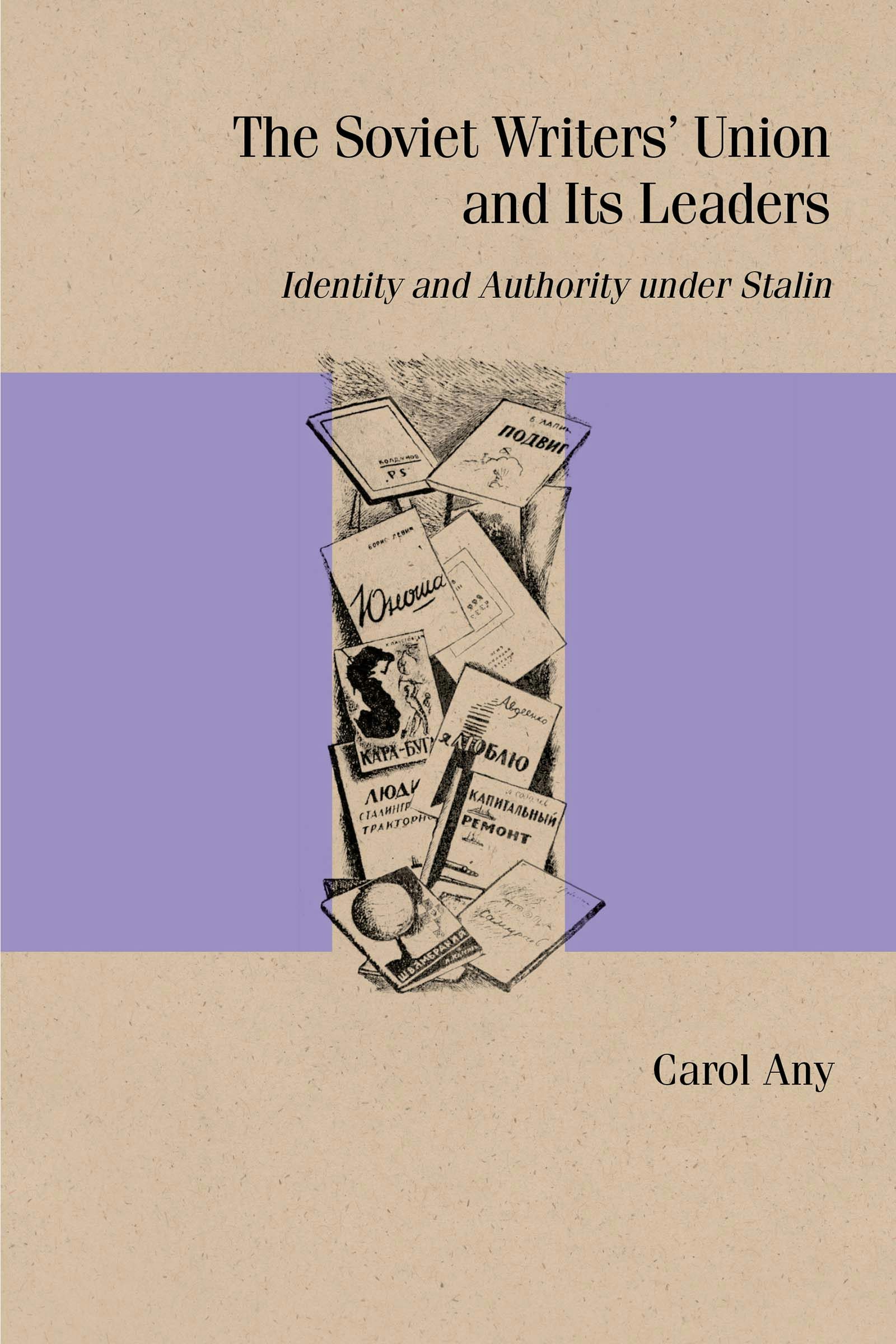Tolstoi and the evolution of his artistic world
Joe Andrew and Robert Reid assemble thirteen analytical discussions of Tolstoi’s key works, written by leading scholars from around the world. The works studied cover almost the entire length of Tolstoi’s creative career, from some of his earliest stories of the 1850s (The Sevastopol Stories), to those of his last period, including posthumous publications (The Kreutzer Sonata and Father Sergius). Particular attention is paid to his two masterpieces, War and Peace and Anna Karenina. All the studies are based on the most recent developments in cultural theory. The reader of this work will gain new and unique insights into this unparalleled genius of world literature, especially into the methods used to create the works that retain immense importance for us today.
zum Buch im ULB-KatalogPlus
zum Buch auf der Verlags-Website
The Soviet Writers‘ Union and its leaders: identity and authority under Stalin
 The Soviet Writers’ Union offered writers elite status and material luxuries in exchange for literature that championed the state. This book argues that Soviet ruler Joseph Stalin chose leaders for this crucial organization, such as Maxim Gorky and Alexander Fadeyev, who had psychological traits he could exploit. Stalin ensured their loyalty with various rewards but also with a philosophical argument calculated to assuage moral qualms, allowing them to feel they were not trading ethics for self-interest.
The Soviet Writers’ Union offered writers elite status and material luxuries in exchange for literature that championed the state. This book argues that Soviet ruler Joseph Stalin chose leaders for this crucial organization, such as Maxim Gorky and Alexander Fadeyev, who had psychological traits he could exploit. Stalin ensured their loyalty with various rewards but also with a philosophical argument calculated to assuage moral qualms, allowing them to feel they were not trading ethics for self-interest.
Employing close textual analysis of public and private documents including speeches, debate transcripts, personal letters, and diaries, Carol Any exposes the misgivings of Writers’ Union leaders as well as the arguments they constructed when faced with a cognitive dissonance. She tells a dramatic story that reveals the interdependence of literary policy, communist morality, state-sponsored terror, party infighting, and personal psychology. This book will be an important reference for scholars of the Soviet Union as well as anyone interested in identity, the construction of culture, and the interface between art and ideology.
zum Buch im ULB-KatalogPlus
zum Buch auf der Verlags-Website
Weitere Titel können Sie in unseren Neuerwerbungslisten für die Slavistik entdecken!
